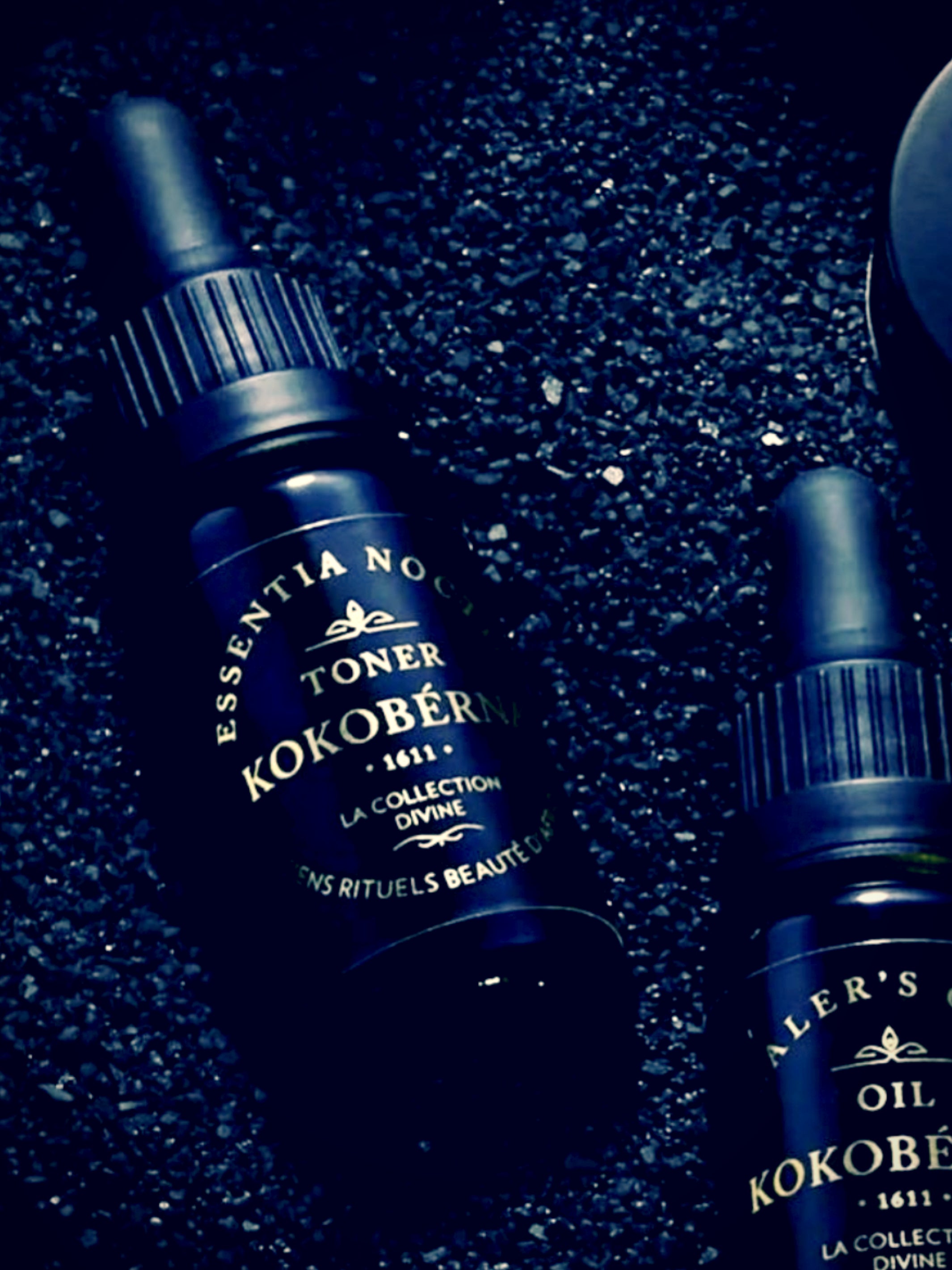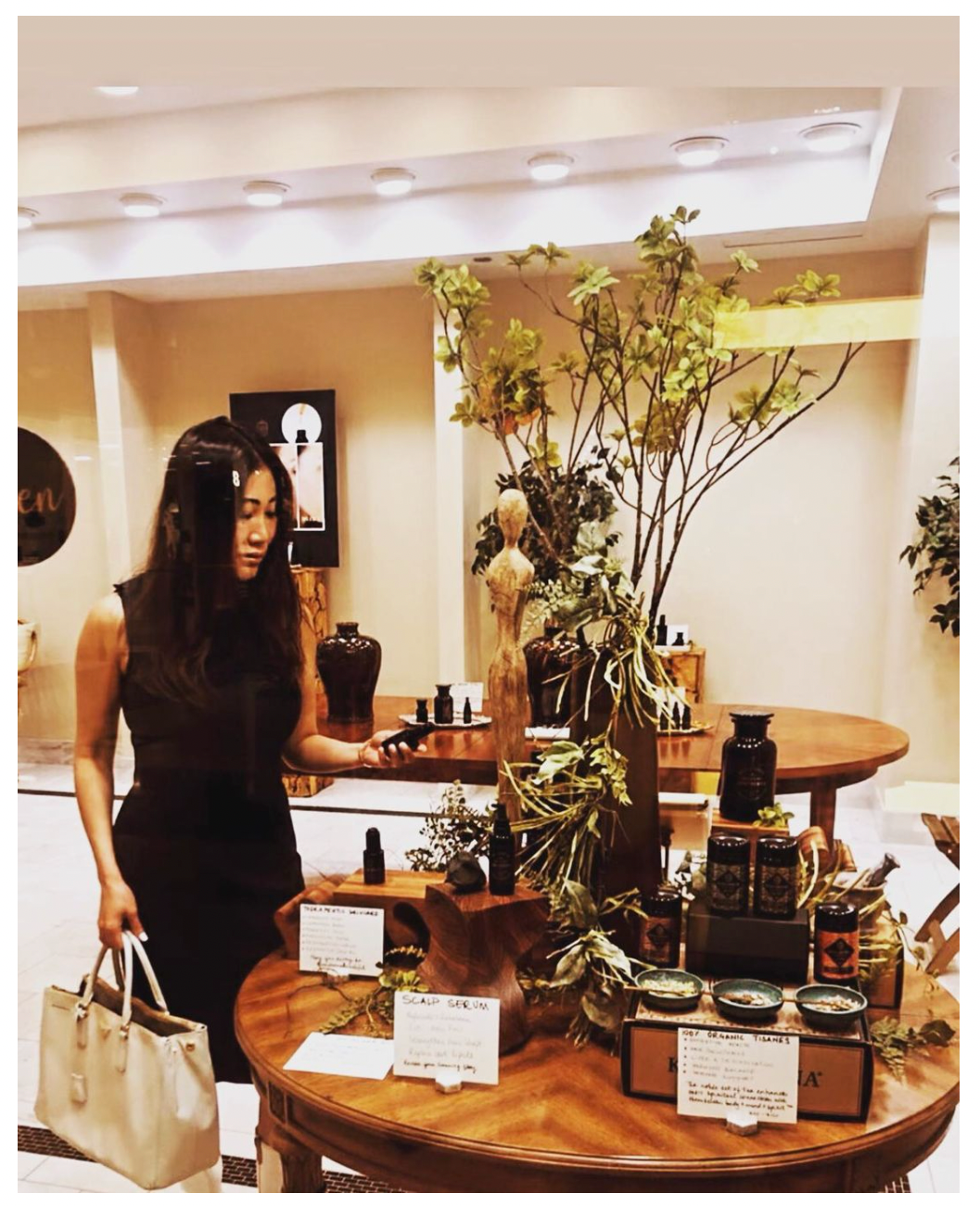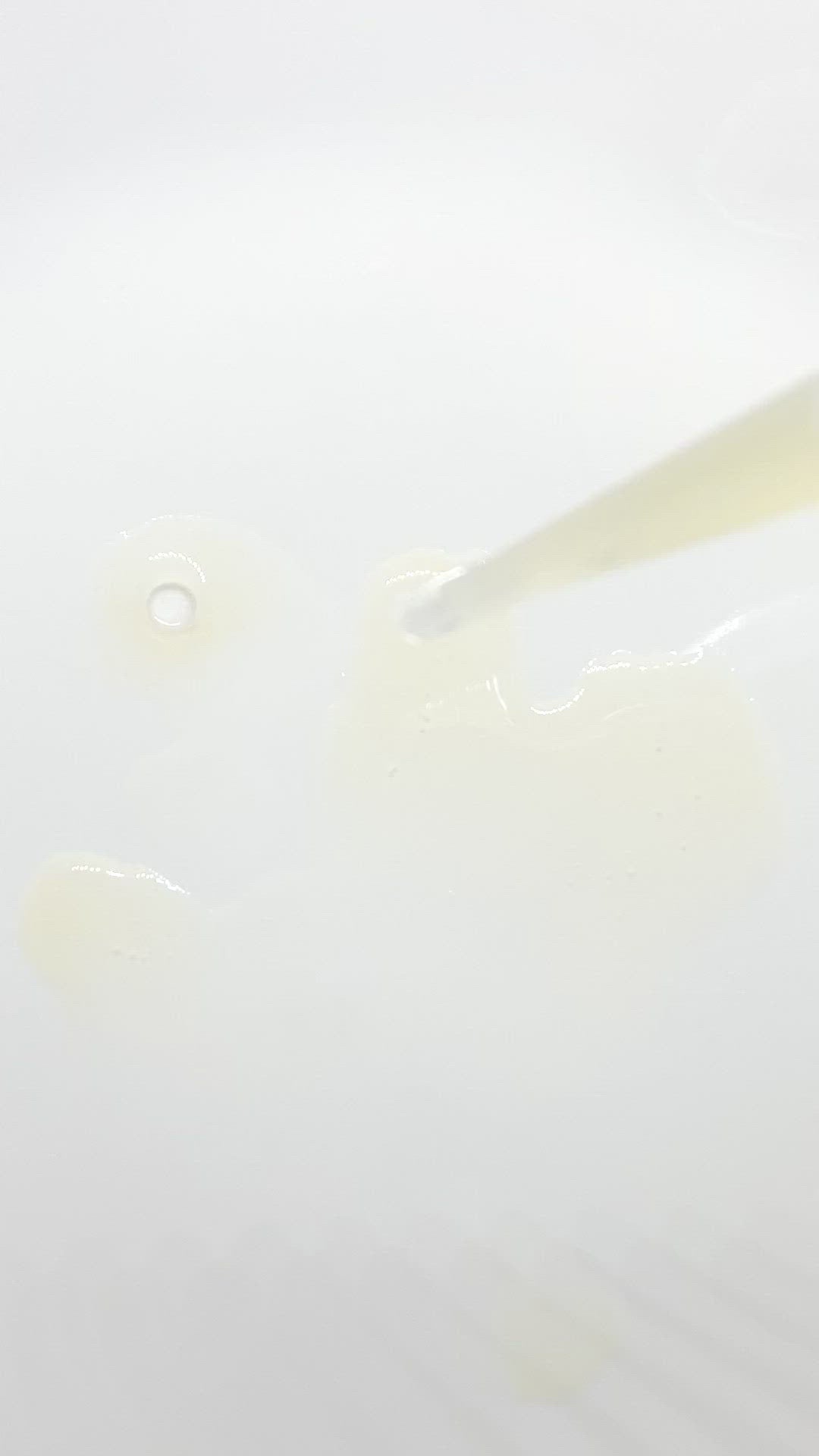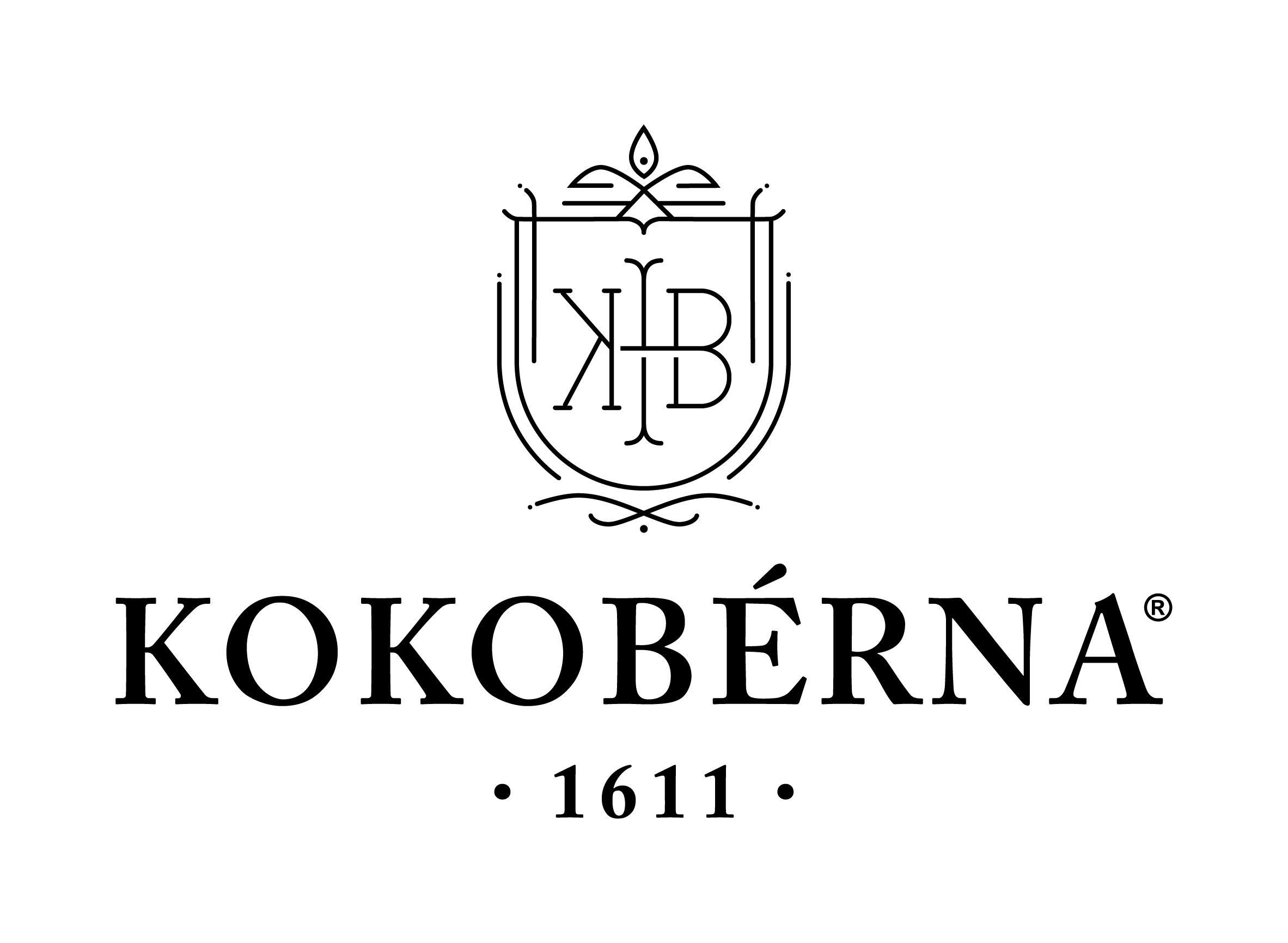YOUR SKIN TYPE RESULTS: DSPT

Dry, Sensitive, Pigmented Skin Tone, Tight-Compact Skin
“I know I need to moisturize, but there are so many choices. Are there any that will prevent my skin sensitivity and the resulting dark patches? If I need more than one product, do I use the lightening product first or the moisturizer?”
Your Skin Type is characterized by recurrent skin inflammation and an uneven skin tone. The recommended skincare regimen should treat the dryness and inflammation first, and then proceed to treat the pigmentation.
A CLOSE-UP LOOK AT YOUR SKIN TYPE
Your Skin Type may experience any of the following:
- Eczema (atopic dermatitis)
- Scaling skin
- Thick rough patches of skin
- Itching
- Dryness that worsens in winter or low-humidity climates
- Sensitivity to fragrances that can cause skin rashes
- Dryness from detergents, creating “dishpan hands”
- Dark patches in areas of inflammation or trauma such as after a cut
- Dark patches in area of sun exposure
- Dark eyelids
- Dark circles under the eyes
With a fairly healthy skin barrier skin, you won’t experience that much wrinkling as you age, while other problems will worsen with aging. Your dry skin gets drier as the years go by. Winter is harder on skin than in youth, resulting in redness, flaking, and cracking. Going without a moisturizer is usually not an option over the age of fifty. Heavier night creams will feel good to older Skin Types; however, don’t be fooled into buying expensive ones with anti-aging ingredients you don’t need as they tend to be exacerbate the underlying dryness issues. For women, melasma and dark spots will improve with declining estrogen levels in perimenopause and menopause. However, lower estrogen levels also contribute to dry skin. In the eighties and nineties, as the immune system weakens, any condition arising from allergies or autoimmune conditions (such as certain cases of eczema) may improve.
ETHNICITY AND YOUR SKIN TYPE
Many Asians have a higher incidence of eczema and melasma, but a lower incidence of wrinkles and skin cancer than Caucasians. As a result, Asian product lines focus more closely on treating dryness and pigmentation. Due to biochemical differences, certain ethnic skin types react differently to products than other ethnic skin types. For example, several studies have demonstrated that Japanese skin is more reactive to detergents. This may be why many Asians prefer nourishing oil-based cleansers. While detergents (contained in most cleansers, shampoos, face and body soaps, laundry and dish-cleaning products) are drying and should be avoided by all Dry, Sensitive Types, those of Asian ancestry in particular should steer clear of soaps, shampoos, and cleaning products that vigorously foam. Pick milder products, rinse thoroughly after cleansing, and re-moisturize after use.
SUN PROTECTION FOR YOUR SKIN
To prevent dark spots and dryness, wear sunscreen regularly. Make sure that your combined use of moisturizer, sunscreen, and foundation provides you with a minimum SPF of 15 for daily use. This does not mean you should use multitasking SPF + skincare products. SPF is a super active ingredient that needs to work. When it is mixed with active ingredients in moisturizers, eye creams, etc., it overpowers these ingredients; essentially, wasting your hard-earned coin. The best practice is to apply sunscreen after your moisturizer/face oil and before makeup.
PROCEDURES FOR YOUR SKIN TYPE
Chemical peels are always best for your Skin Type and always advise to go to a dermatologist for the peels rather than having them at a spa or salon because your pigmented skin is at risk for developing dark spots with any potentially irritating treatment.
There are many different chemical peel preparations on the market and it is important that you be given the proper one to prevent skin irritation and resulting pigmentation. If you have dark skin or are of Asian ancestry, make sure you see a dermatologist who specializes in skin of color.
SKIN CARE INGREDIENTS TO AVOID
Due to irritating detergents:
- Dimethyl dodecyl amid
- Lauryl sulphates
- Sodium dodecyl betaine sulfate
- Sodium laurel sulfate
- Due to increasing acne or skin redness:
- Cinnamon oil
- Cocoa butter
- Cocos nucífera (coconut oil)
- Isopropyl isostearate
- Isopropyl myristate
- Peppermint oil
Due to problematic preservatives:
- Benzalkonium chloride
- Bronopol
- Chlorhexidine
- Chloroacetamide
- Chlorocresol
- Chloroquinaldol
- Diazolidinyl urea
- Dibromodicyanobutane
- Dichlorophen
- DMDM hydantoin
- Formaldehyde
- Glutaraldehyde
- Imidazolidinyl urea
- Kathon CG
- Parabens
- Phenylmercuric acetate
- Quaternium-15
- Sorbic acid
- Thimerosal
- Triclosan
Due to stimulating skin pigmentation:
- Achillea millefolium (yarrow)
- Cananga odorata (ylang-ylang)
- Lavender
- Lemongrass
- Lemon oil
- Peppermint oil
- Tea tree oil
Beware of expensive creams that contain parfum or synthetic fragrances.
YOUR MAKEUP
Your Skin Type is often irritated by ingredients in makeup.
If you tend to have darkness on the eyelids, under the eyes, or on the cheeks, consider eliminating cosmetic products that contain ingredients listed previously under “Skin Care Ingredients to Avoid.” You may also find that eye makeup remover can irritate your eyelids, leading to redness and then dark pigmentation. If you suspect that this is your problem, use an oil-based cleanser to gently remove eye makeup. Choose foundations containing oil and avoid those labeled oil-free. With your dry skin, you should not be using face powders or waterproof makeup which is extremely hard to remove and leads to scrubbing the skin. And if your skin is very dry, use cream eyeshadows and blushes. Follow your minimal makeup routine with the face mist to provide hydration from plant oils and lock-in moisture.
YOUR NEED FOR MOISTURE
The bottom line is this: hydrate, hydrate, and hydrate. Fighting dry, sensitive skin is a lifelong quest as no skin care procedures are currently available to improve dryness and sensitivity.
The goal of your skin care routine is to heal your skin’s barrier to make it stronger, helping it hold on to moisture (so that your skin becomes less dry) and keep out allergens and irritants (so that you skin becomes less sensitive).
To accomplish these goals, you’ll use products that deliver barrier repair ingredients. This will also help prevent inflammation that leads to dark spots. Your skin care products should either contain or cause the skin to produce ceramides, fatty acids, and cholesterol. These three different forms of fat, formulated in the right ratios, are needed to create a healthy skin barrier.
Sunscreens must be worn daily for two reasons: first, the sun disrupts the skin’s barrier even on dark skin; and second, the sun causes dark spots due to its ability to trigger melanin inflammatory response.
=====
Our skin diagnostic uses Baumann's (2004) science-based skin-type classification system comprised of 16 distinct Baumann Skin Types®.
ANTI DARK SPOTS
EXFOLIATE AND BRIGHTEN



ESSENTIA NOCTIS™ Micro-Exfoliating Toner is meticulously crafted to offer you a luxurious skincare experience with visible and long-lasting results. By addressing common skin concerns related to premature signs of aging, it empowers you to take control of your skincare journey and embrace a more confident version of yourself. Indulge in the journey towards youthful, radiant skin with ESSENTIA NOCTIS™ Toner - because your skin deserves to be celebrated, embraced, and cherished.
95% CERTIFIED ORGANIC CONTENT


